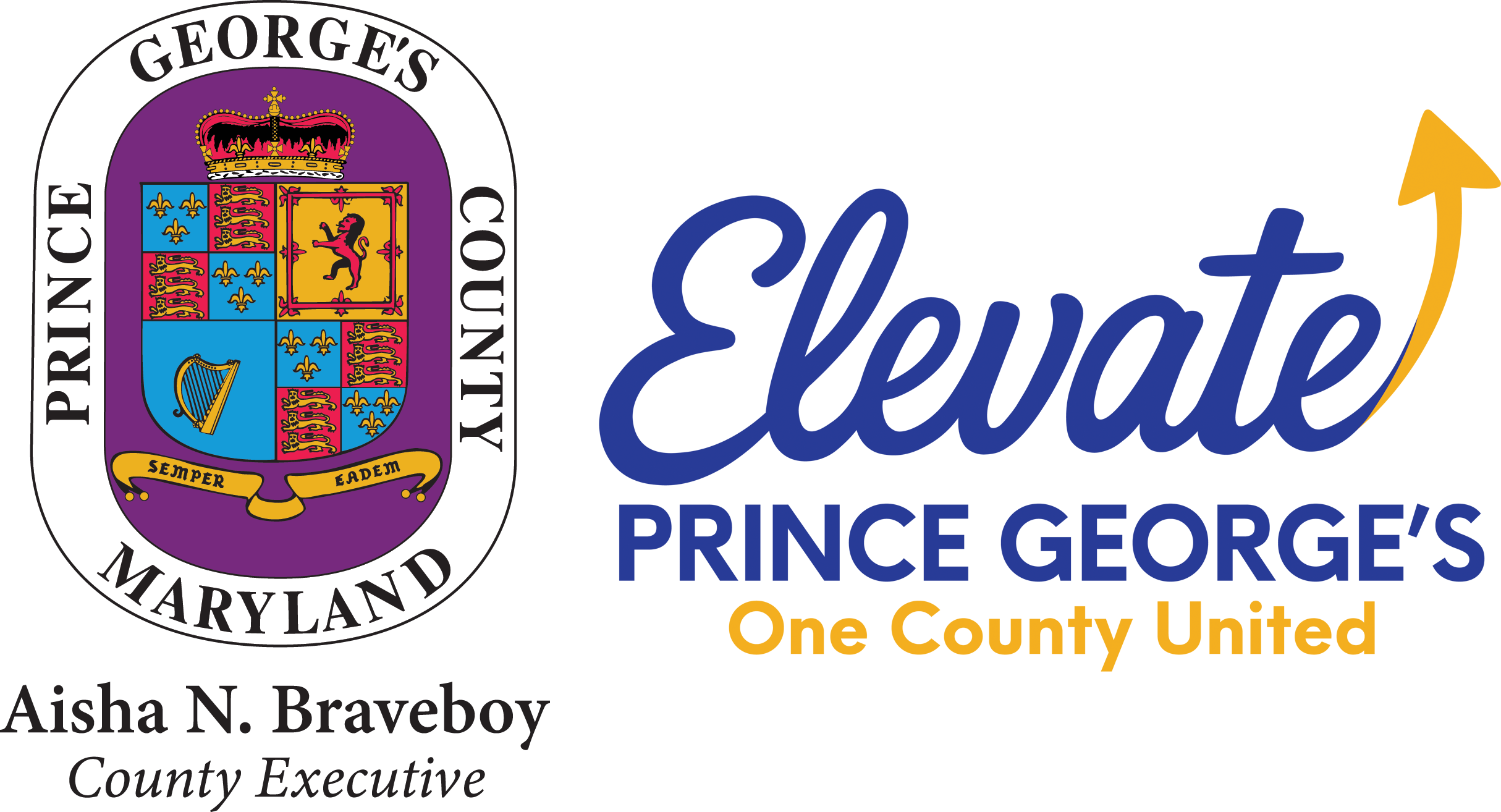
Clean Energy Program
Announcements
Sustainable Energy is now accepting applications for the Solar Energy Grant. The Grant for installing solar photovoltaic (PV) panels has been modified for research purposes and will be conducted as a research pilot. A limited number of awards will be available, and applications will be accepted on a rolling basis from February 10 through August 15, 2025. Additionally, our Energy Efficiency Grant is still available for Natural Gas incentives only. Stay tuned for information regarding the expansion of our Solar Energy Grant.
If you have any questions, please email us at CleanE@co.pg.md.us.
Program Background
The Clean Energy Program aligns with ongoing efforts and programs that Prince George's County has created to uplift neighborhoods facing economic, health, public safety, and educational challenges. This grant award, combined with state energy incentives, helps residents adopt energy-efficient measures and/or solar energy in nine designated neighborhoods classified as Energy Resiliency Communities (ERCs).
The ERCs evolved from a County initiative formerly known as the Transforming Neighborhoods Initiative (TNI). This initiative utilized several metric indicators, such as education, public safety, and employment, to identify key neighborhoods across the County that needed holistic uplifting.
The Clean Energy Program builds on Maryland and Prince George's County's energy efficiency, renewable energy, and carbon reduction goals, seeking to help alleviate the energy burden among County residents. Taking the link between energy efficiency, solar energy, and social inequality to heart, the Clean Energy Programs aim to help break the cycle of energy poverty by assisting ERC residents in adopting sustainable measures for their homes.
Program Objectives
Funds can be used to offset the costs of various energy efficiency and retrofitting measures, as well as to implement solar energy adoption for the respective property.
Participants of the Clean Energy Program are required to apply to the applicable EmPOWER Maryland incentive program. For market-rate applicants, that’s the Pepco Home Performance with ENERGY STAR Program. For income-qualified applicants, the program is the Maryland Department of Housing and Community Development's (DHCD) Limited Income Energy Efficiency Program.
Grants will be available to offset the costs of measures recommended by a home energy assessment. This may include the cost of implementing efficiency measures and addressing challenges preventing their adoption. Upon completion of energy efficiency upgrades, residents in ERC-designated communities may be eligible to apply for a solar energy grant award.
The Clean Energy Program's Energy Efficiency Grant provides up to $6,250 in funding for residential energy efficiency measures, as well as incentives from Pepco and Washington Gas.
The Clean Energy Program's Solar Energy Grant provides up to $10,000 in funds to assist residents in accessing the benefits of installing solar photovoltaic (PV) panels upon the successful implementation of energy-efficiency measures.
